Home>diy>Building & Construction>How Long Do Construction Loans Last


Building & Construction
How Long Do Construction Loans Last
Modified: January 6, 2024
Find out how long construction loans last and what to expect during the building construction process. Get expert insights and tips on managing your construction loan.
(Many of the links in this article redirect to a specific reviewed product. Your purchase of these products through affiliate links helps to generate commission for Storables.com, at no extra cost. Learn more)
Introduction
Welcome to the world of construction loans, where dreams are built into reality! If you are embarking on a construction project, whether it’s building your dream home or undertaking a commercial development, securing the right financing is crucial. One of the key considerations when obtaining a construction loan is understanding how long the loan duration will be.
A construction loan is a specialized type of loan designed for individuals or businesses looking to construct a new building. Unlike traditional mortgage loans, where funds are disbursed upfront, construction loans provide funding in stages as the project progresses. This unique structure allows borrowers to access the necessary funds to cover the various expenses associated with construction, such as purchasing materials, hiring contractors, and paying for labor.
The duration of a construction loan can vary depending on several factors. Understanding these factors will help you plan your project effectively and manage your finances accordingly. In this article, we will delve into the key influencers of construction loan durations and explore typical timeframes for completion. So, let’s get started!
Key Takeaways:
- Construction loan durations vary based on project size, permitting, weather, and borrower’s financial stability. Typical timeframes range from 6 to 24 months, with potential for extensions due to unforeseen delays.
- Understanding loan structures, milestones, and potential extensions is crucial for effective construction loan management. Open communication with lenders and realistic project timelines are key to successful completion.
Read more: How Do Construction Loans Work
Understanding Construction Loans
Before we dive into the duration of construction loans, it’s essential to have a clear understanding of how these loans work. Construction loans are typically short-term loans that provide funding for the construction phase of a project. They are different from traditional mortgage loans, which are long-term and used to purchase an already-built property.
The funds from a construction loan are disbursed in a series of payments, known as progress payments or draws, based on predetermined milestones set in the loan agreement. These milestones are generally tied to the completion of specific stages of the construction process, such as pouring the foundation, framing, and completing the electrical and plumbing work.
Unlike a mortgage where you receive a lump sum upfront, with a construction loan, you withdraw funds as needed during the construction process. This pay-as-you-go structure allows for greater control over your finances, as you only pay interest on the amount you’ve withdrawn.
During the construction phase, borrowers typically make interest-only payments on the amount borrowed. Once the construction is complete and the property is move-in ready, the borrower may either convert the construction loan into a traditional mortgage loan or apply for a new mortgage to pay off the construction loan.
Construction loans come in two main types:
- Construction-to-Permanent Loans: These loans combine both the construction phase and the permanent mortgage into one loan. With this type of loan, borrowers only have to go through one closing process. Once the construction is complete, the loan automatically converts into a traditional mortgage.
- Stand-Alone Construction Loans: Stand-alone construction loans are separate from the permanent mortgage. Once the construction is complete, borrowers must apply for a separate mortgage to pay off the construction loan.
Understanding these basic concepts of construction loans will help you navigate the loan process and determine the appropriate loan structure for your project. Now, let’s explore the factors that can influence the duration of construction loans.
Factors Influencing the Duration of Construction Loans
While the duration of a construction loan can vary, there are several factors that can influence how long it will take to complete the project and repay the loan. Here are some key factors to consider:
- Size and Complexity of the Project: The size and complexity of the construction project can have a significant impact on the duration of the loan. Larger projects with intricate designs and multiple phases may take longer to complete and thus require a longer loan term.
- Permitting and Approvals: Obtaining the necessary permits and approvals from local authorities can be a time-consuming process. Delays in securing these permits can extend the duration of the project and the loan.
- Construction Schedule: The construction schedule plays a crucial role in determining the loan duration. A well-thought-out and efficient construction schedule can help streamline the project and minimize delays.
- Weather Conditions: Adverse weather conditions can halt construction progress, forcing delays and extending the loan duration. It’s important to consider the climate of the project location and account for potential weather-related setbacks.
- Borrower’s Financial Situation: The financial stability of the borrower can also impact the loan duration. If the borrower experiences unexpected financial challenges or difficulties in securing additional funds, it may delay construction progress and extend the loan term.
- Contractors and Subcontractors: The availability and reliability of contractors and subcontractors can affect construction timelines. Delays caused by contractors can lead to extensions in the loan duration.
- Loan Agreement: The terms and conditions outlined in the loan agreement, including the repayment schedule and any potential penalties or fees, can determine how long the loan lasts. It’s important to carefully review and understand these terms before entering into a construction loan agreement.
By considering these factors and working closely with your lender and construction team, you can better estimate the duration of your construction loan. Additionally, it’s important to be prepared for potential unexpected delays and have contingency plans in place to mitigate their impact on the loan duration.
Next, let’s explore the typical timeframes for construction loans to give you a better understanding of what to expect.
Construction loans typically have a duration of 12-18 months, but can vary depending on the lender and the specific project. It’s important to carefully review the terms and conditions of the loan to understand the duration and any potential extensions or renewals.
Typical Timeframes for Construction Loans
The duration of a construction loan can vary depending on the factors mentioned earlier, but there are some general timeframes that can be used as a guideline. It’s important to note that these timeframes are estimates and can differ based on the specific project and circumstances.
1. Pre-Construction Phase: Before breaking ground, there are several important steps that need to be completed. This includes obtaining permits, finalizing the design and plans, and securing the necessary financing. The pre-construction phase can typically last anywhere from a few weeks to a few months, depending on the complexity of the project and the efficiency of the planning process.
2. Construction Phase: Once the construction phase begins, the timeline will depend largely on the size and complexity of the project. On average, residential projects can take anywhere from 6 to 12 months to complete, while commercial projects can range from 12 to 24 months or more. This timeframe includes the actual construction work as well as any potential delays or unforeseen circumstances that may arise.
3. Loan Term: The loan term for a construction loan typically ranges from 6 months to 24 months, although it can be longer for larger or more complex projects. During the construction phase, borrowers typically make interest-only payments on the amount disbursed. Once the construction is complete, the loan either converts into a traditional mortgage or the borrower applies for a separate mortgage to pay off the construction loan.
It’s important to work closely with your lender and construction team to set realistic timelines and milestones for your project. Regular communication and monitoring of progress can help ensure that the construction loan stays on track and is repaid within the agreed-upon timeframe.
In some cases, borrowers may need to seek extensions or renewals of their construction loans due to unforeseen circumstances or project delays. Let’s explore this further.
Extensions and Renewals of Construction Loans
Construction projects can be complex, and it’s not uncommon for unforeseen circumstances or delays to arise during the construction phase. In such cases, borrowers may need to seek extensions or renewals of their construction loans to accommodate these circumstances.
An extension of a construction loan allows the borrower to extend the loan term beyond the original agreed-upon duration. This extension provides additional time to complete the construction project and repay the loan. Extensions typically come with additional fees and interest charges, so it’s important to carefully consider the financial implications before requesting an extension.
Renewing a construction loan involves refinancing the existing loan to a new loan term. This option may be considered when the original loan term is nearing its expiration, but the project is not yet complete. Renewing the loan allows the borrower to continue funding the construction until completion. However, it’s important to note that refinancing may come with additional costs and fees.
When seeking extensions or renewals of construction loans, borrowers should consider the following:
- Justification: Lenders will require a valid justification for extending or renewing the loan. This could include significant delays outside of the borrower’s control, unexpected challenges during construction, or changes in the project scope.
- Documentation: Borrowers should be prepared to provide documentation to support their request. This may include updated project plans, progress reports, and explanations of the delays or changes that warrant an extension or renewal.
- Financial Assessment: Lenders will assess the borrower’s financial situation to determine if they are able to continue making interest-only payments during the extension or renewal period. This may involve reviewing credit history, income, and other relevant financial factors.
It’s crucial for borrowers to communicate with their lender as early as possible when facing potential delays or the need for an extension or renewal. Open and transparent communication will help establish trust and ensure that suitable arrangements can be made.
Ultimately, the decision to grant an extension or renewal of a construction loan lies with the lender. It’s important for borrowers to carefully evaluate their options and consider the financial implications before proceeding with these requests.
Now that we have explored extensions and renewals, let’s summarize the key points of our discussion.
Read more: How Do Construction Loans Work?
Conclusion
Construction loans provide the necessary funds to bring your building dreams to life, whether it’s a residential or commercial project. Understanding the duration of construction loans is crucial for effective planning and managing your finances throughout the construction process.
Factors such as the size and complexity of the project, permitting and approvals, construction schedule, weather conditions, borrower’s financial situation, contractors and subcontractors, and the loan agreement can all influence the duration of a construction loan.
Typically, construction loans have a pre-construction phase, a construction phase, and a loan term. The pre-construction phase involves obtaining permits and finalizing plans, while the construction phase focuses on the actual building process. The loan term can last from 6 months to 24 months or more, depending on the size and complexity of the project.
In some cases, borrowers may need to seek extensions or renewals of their construction loans due to unexpected delays or changes in the project. Extensions allow borrowers to extend the loan term, while renewals involve refinancing the loan to a new term. However, borrowers should carefully consider the financial implications and communicate with their lender to justify the need for extensions or renewals.
By understanding these key aspects of construction loans and working closely with your lender and construction team, you can plan and manage your project effectively. Regular communication, setting realistic timelines, and being prepared for potential delays will help ensure that the construction loan is repaid within the agreed-upon timeframe.
Remember, construction loans are a valuable tool that can help turn your building ambitions into reality. With careful planning, proper management, and collaboration, you can successfully navigate the duration of your construction loan and achieve your construction goals.
Frequently Asked Questions about How Long Do Construction Loans Last
Was this page helpful?
At Storables.com, we guarantee accurate and reliable information. Our content, validated by Expert Board Contributors, is crafted following stringent Editorial Policies. We're committed to providing you with well-researched, expert-backed insights for all your informational needs.

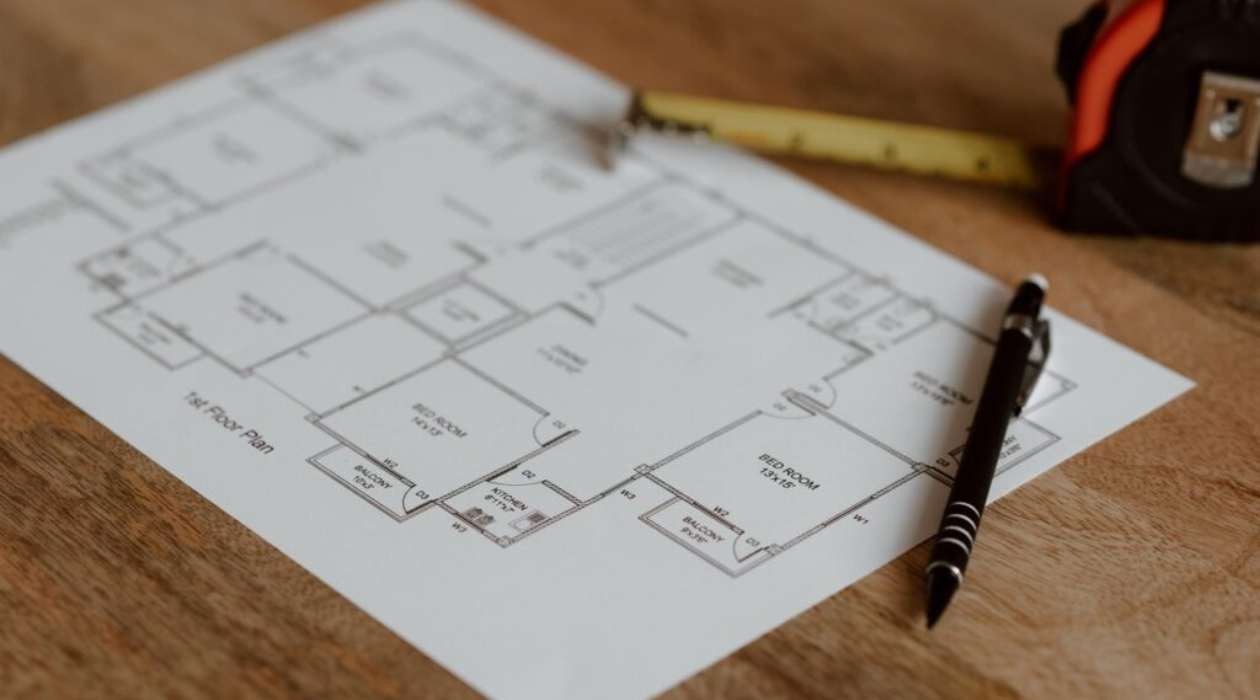
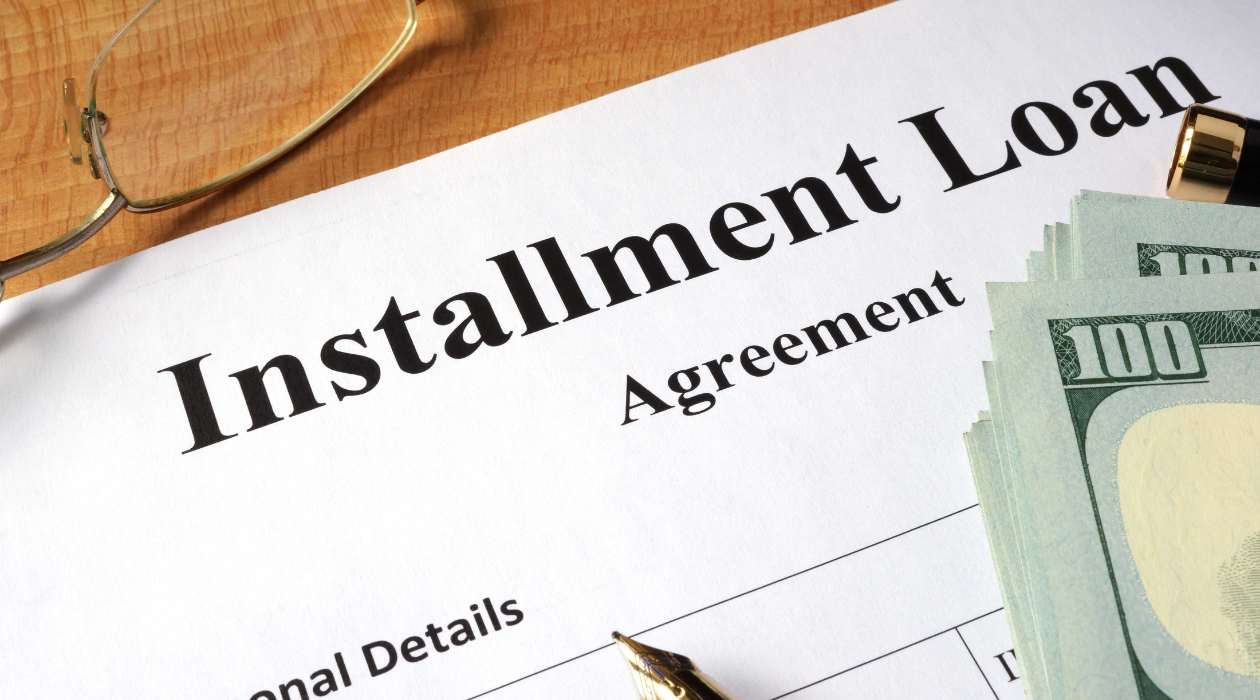




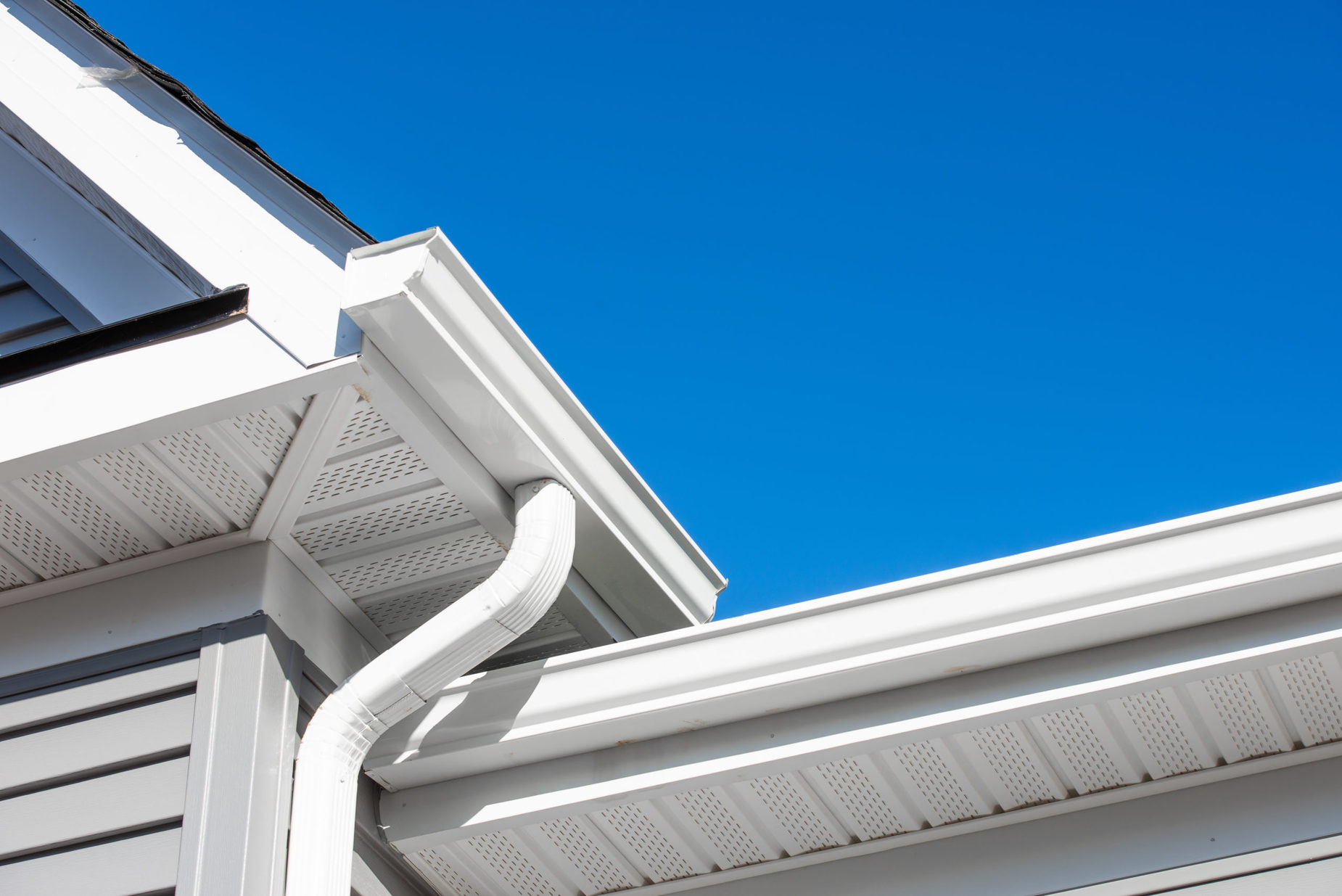



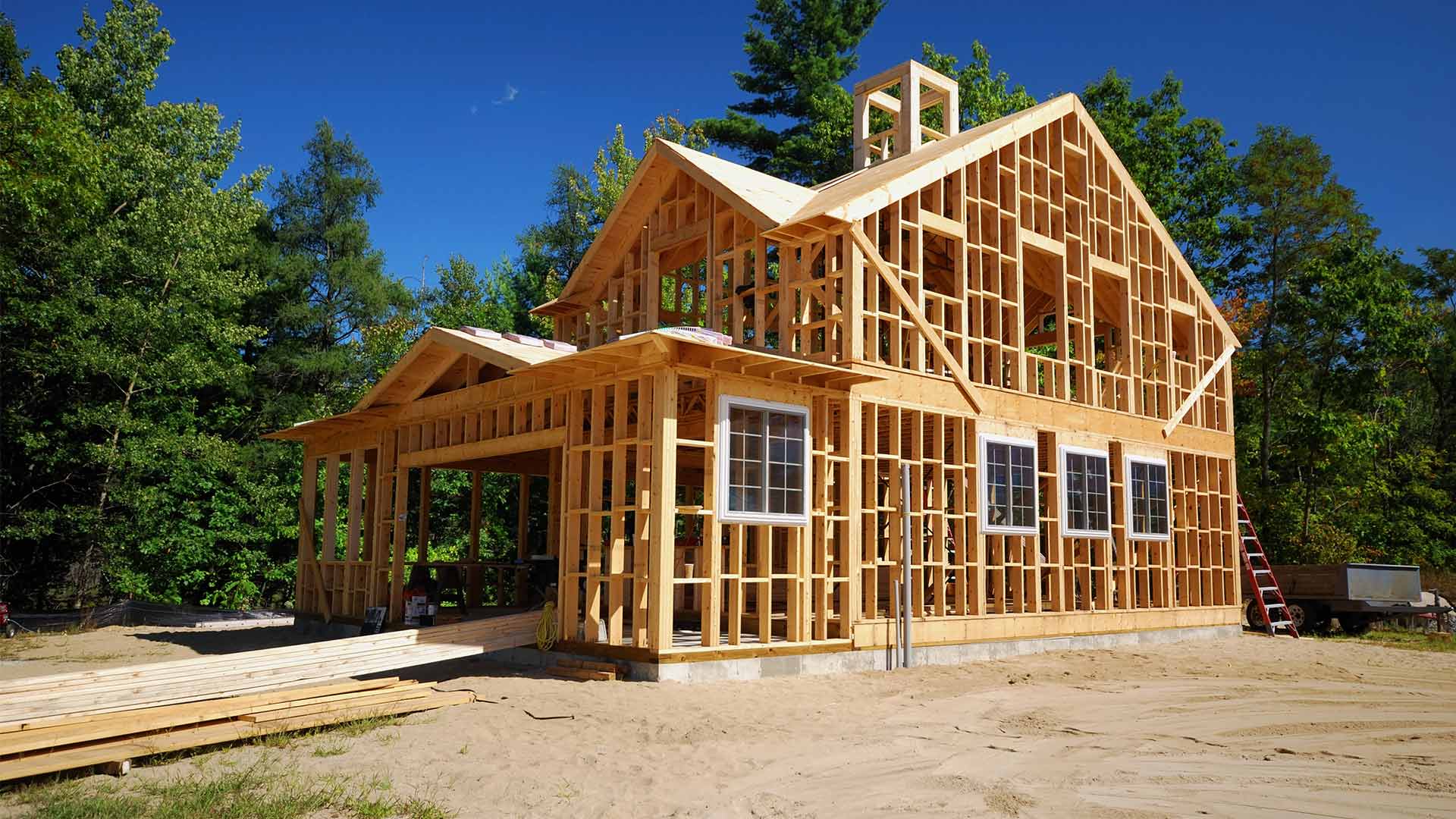
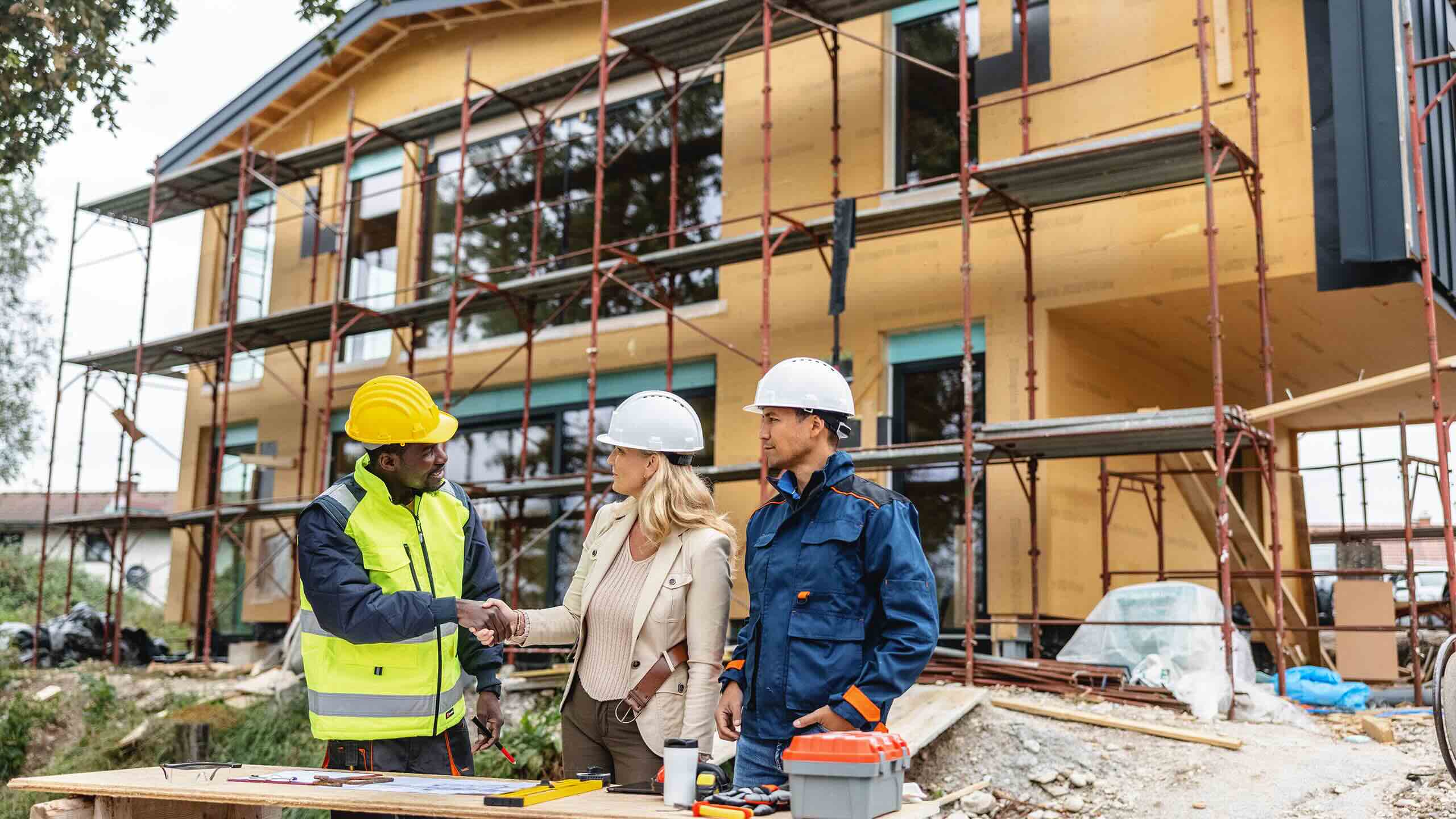


0 thoughts on “How Long Do Construction Loans Last”